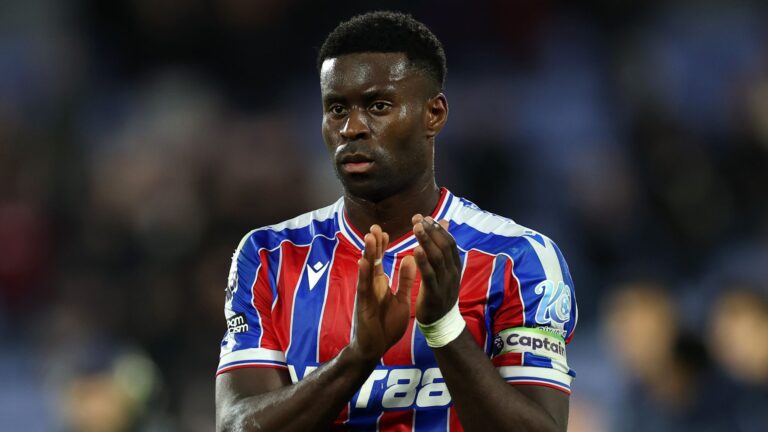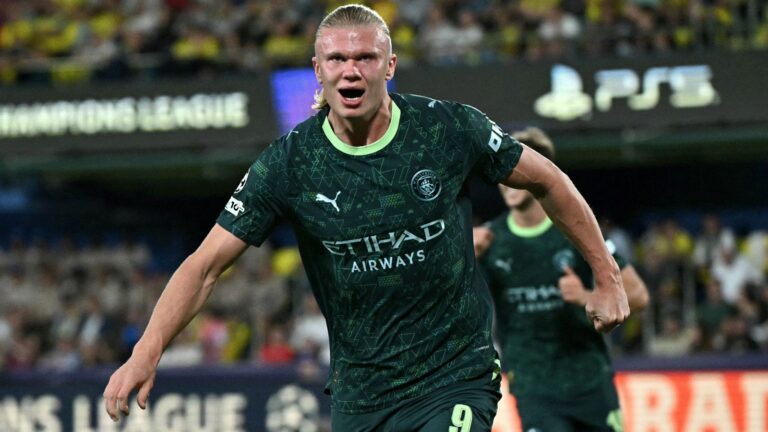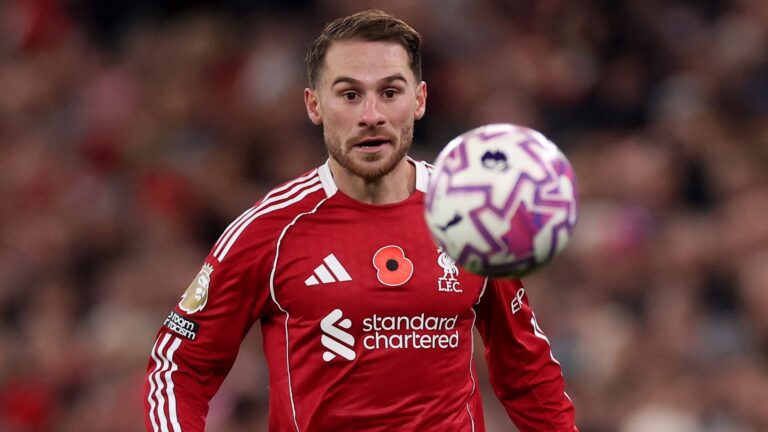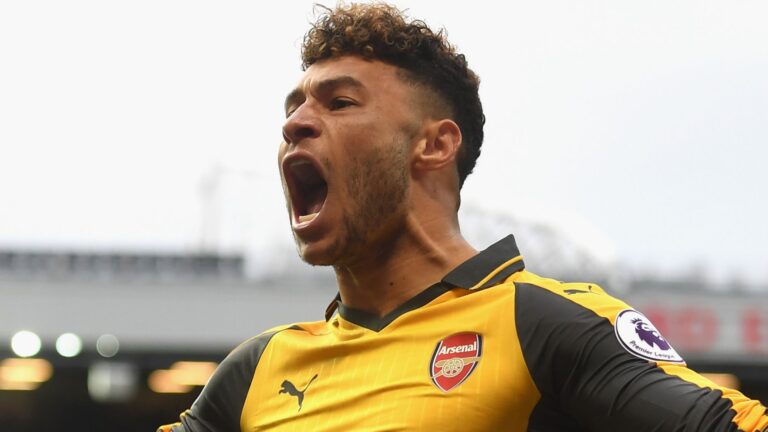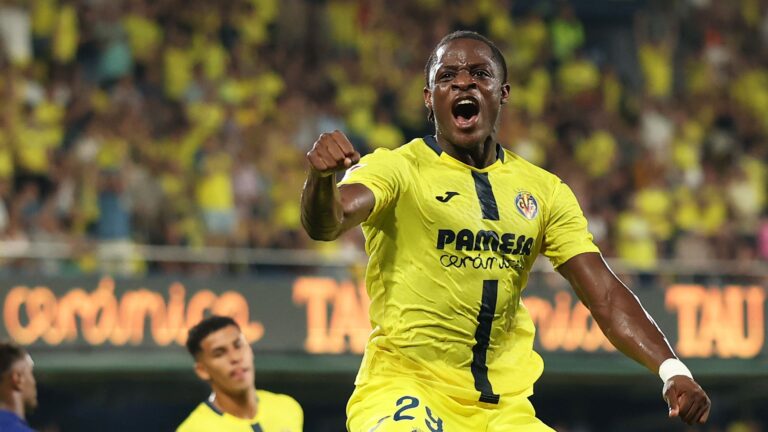The Nail-Biting Saga of Antony’s Escape from Manchester United
In the high-stakes world of football transfers, few stories capture the tension quite like Antony’s dramatic shift from Manchester United. Antony’s Man Utd exit and his rushed return to Real Betis highlight the complexities of negotiations, ownership decisions, and player desires, all unfolding against the clock of the transfer deadline.
Antony’s Quest for a Permanent Home in Spain
Following a standout temporary stay in Andalusia during the prior campaign, the Brazilian footballer Antony voiced his strong desire right at the onset of the transfer period to rejoin the comfortable setting he knew well for the 2025-26 term.
Challenges in Meeting Manchester United’s Expectations
Initially, discussions hit roadblocks due to Manchester United’s insistence on a hefty sum for a player they had acquired for £85m ($115m). Real Betis found it tough to match the expectations of such Premier League giants, even as Antony’s role at Old Trafford diminished significantly.
The Final Push to Secure the Deal
Just as the transfer window was about to close, both sides compromised to finalize an arrangement, enabling the 25-year-old forward to depart England permanently. This agreement received approval from the club’s American owners right as time was running out.
Insights from the Negotiations with Real Betis
In an interview with ABC Sevilla, Alcaron shared details of sealing the deal for Antony: “We hit a wall where it seemed impossible because Manchester United’s stance was rigid. The gap was around €5-6m, and we’d already stretched as far as we could. Ultimately, everyone stepped up-our team, the player himself, and United made concessions.”
Tense Moments During the Athletic Match
“The atmosphere grew strained on Sunday amid the game against Athletic. By midday, United forwarded the preliminary agreement and requested adjustments, signaling they were ready to meet our terms.”
Overnight Breakthrough and Final Arrangements
“Confirmation came through at 2am on Sunday. Later that morning, we finalized the financial aspects related to Antony’s upcoming earnings to ensure we could recoup our outlay. This was among the trickiest elements, but we managed to sort it out.”
“The breakthrough at 2am on Sunday kicked things off, prompting us to arrange flights for his arrival on Monday afternoon. Tension lingered since all terms were set, yet we needed the Manchester United ownership in the US to approve it, which happened at 3pm on Monday.”
Long-Term Benefits for Manchester United
Although Manchester United eased their original demands, Antony’s contract incorporates various performance-based bonuses, and the club is set to gain from a 50 percent share of any future sale, positioning them for potential profits in upcoming transfer periods.
- The Brazilian player thrived during his temporary period in Spain
- He actively sought a lasting move back
- The transition was completed right before the cutoff



The Glazer Family’s Impact on Manchester United Transfers
Background on the Glazer Family’s Ownership
The Glazer family has been a dominant force in Manchester United’s operations since their takeover in 2005, often influencing key decisions that shape the club’s transfer strategy and financial health. Their approach, characterized by a focus on fiscal conservatism and debt management, has frequently sparked debates among fans and analysts. For instance, the Glazers’ decisions often prioritize long-term financial stability over immediate squad investments, which can expedite player exits when budget constraints arise.
Key aspects of their ownership include leveraging player sales to balance the books, especially during transfer windows. This strategy was evident in the case of Antony’s departure, where cost-cutting measures reportedly played a role. By maintaining a tight rein on expenditures, the Glazers have ensured Manchester United remains profitable, but this has sometimes led to rushed transfers, like the one involving Antony and his return to Real Betis.
- Financial priorities under the Glazers: Revenue from player sales, such as Antony’s €25m move, helps offset wages and previous investments.
- Criticisms of their approach: Fans argue that this model limits squad depth, potentially affecting performance in major competitions.
Antony’s Time at Manchester United and the Build-Up to His Exit
Antony, the Brazilian winger acquired by Manchester United for a hefty fee in 2022, experienced a mixed tenure at the club, with inconsistent performances and limited playing time under various managers. His €25m exit to Real Betis highlighted how the Glazer family’s transfer policies can accelerate player departures.
The Glazers’ reluctance to overinvest in underperforming assets meant that Antony’s role was reevaluated during the 2025 transfer window. Reports suggest that internal reviews, driven by the family’s cost-benefit analysis, identified Antony as a non-essential player whose sale could free up funds for other priorities, such as youth development or key signings.
In this scenario, the decision to offload Antony was influenced by the Glazers’ broader strategy of squad optimization. Bullet points below outline the timeline of events:
- Initial acquisition challenges: Antony’s arrival was part of Manchester United’s aggressive spending under previous regimes, but the Glazers later scrutinized such deals for ROI.
- Performance metrics and reviews: Data showed Antony’s contributions were below expectations, prompting the family to push for a swift sale.
- Market dynamics: With the transfer deadline approaching, the Glazers negotiated aggressively to secure the €25m fee, ensuring it aligned with their financial goals.
This approach underscores how the Glazer family’s decisions can directly impact player careers, turning a promising talent into a transfer statistic.
The Role of Financial Constraints in Expediting the Transfer
The Glazer family’s financial decisions often create a sense of urgency in transfer dealings, as seen in Antony’s expedited return to Real Betis. By setting strict budgets and deadlines, they ensure that deals are completed before windows close, minimizing risks like inflated fees or lost opportunities.
For Antony’s case, the €25m transfer fee was a calculated move to alleviate wage burdens and comply with Financial Fair Play regulations. H3 experts in football finance note that such sales are common under owners like the Glazers, who view players as assets rather than long-term fixtures.
Breaking down the expedited process:
- Negotiation tactics: The Glazers’ team pushed for quick talks with Real Betis, leveraging Antony’s desire for regular playtime.
- Deadline pressure: With the transfer window closing, decisions were fast-tracked, potentially shaving weeks off standard negotiations.
- Strategic benefits: This allowed Manchester United to reinvest in areas like midfield or defense, aligning with the Glazers’ vision for balanced spending.
Furthermore, H4 factors such as player happiness and market demand played into the Glazers’ hands, making the deal mutually beneficial.
Consequences for Manchester United’s Squad and Future Transfers
The Glazer family’s influence extends beyond individual transfers, affecting overall squad planning at Manchester United. Antony’s exit at €25m not only generated immediate funds but also set a precedent for handling similar situations in future windows.
In discussions around transfer strategies, the Glazers’ decisions have led to a more streamlined approach, where players not fitting the long-term plan are moved on quickly. This has implications for team morale and fan sentiment, as seen in online forums and media coverage.
Key outcomes include:
- Short-term financial gains: The €25m from Antony’s sale bolstered Manchester United’s transfer budget for the next season.
- Long-term squad effects: It highlighted the need for better scouting to avoid costly mistakes, potentially influencing how the Glazers allocate resources.
- Comparisons to past deals: Similar to other high-profile exits, this move reinforced the family’s reputation for pragmatic, expedited transfers.
By focusing on these elements, Manchester United under the Glazers continues to navigate the competitive landscape of the Premier League, with Antony’s story serving as a case study in transfer efficiency.
How This Fits into Ongoing Transfer Trends
The Glazer family’s policies have evolved with the Premier League’s transfer landscape, often adapting to regulatory changes like squad cost rules. Antony’s return to Real Betis before the deadline exemplifies how their decisions can create ripple effects, influencing player markets and club rivalries.
Detailed analysis reveals:
- Glazer-driven reforms: Emphasis on data analytics to evaluate players like Antony has sped up decision-making.
- Impact on other clubs: Real Betis benefited from the expedited deal, gaining a talented winger without a bidding war.
- Potential risks: H4 over-reliance on sales could lead to talent drain, as critics point out.
In summary of these trends, the Glazers’ approach ensures Manchester United remains adaptable, even if it means prioritizing exits like Antony’s for sustained success.


